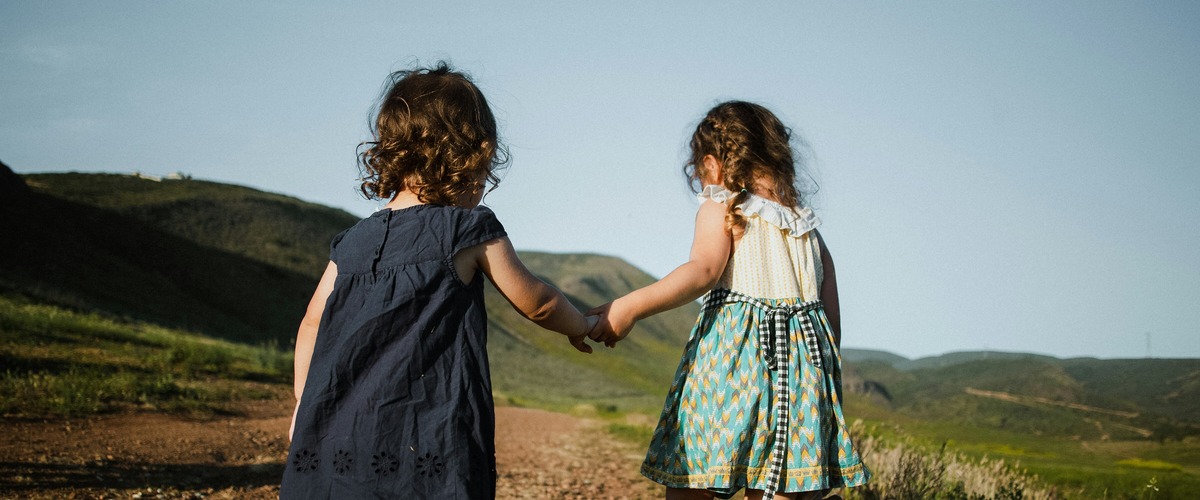
We tend to think of strokes, brain injuries and aphasia as something that happens to older people, but children can also have strokes or brain injuries that result in aphasia. Also referred to as pediatric aphasia, children with aphasia experience language issues similar to adults with aphasia.
There may be some confusion about aphasia versus developmental speech-language disorders, but aphasia is acquired. That means that the child was typically developing and then a stroke or brain injury (acquired) happened. While aphasia could technically be considered a developmental language disorder because it happened before age 22, it has a specific cause that affects all language skills. There is a difference between developmental language delays and aphasia.
Children with aphasia may also have physical impairments, dysarthria, or apraxia that complicate recovery. Symptoms of aphasia in children will look somewhat different from aphasia seen in adults, largely because their young brains are still developing. Neuroplasticity (rewiring neural connections) in a developing child’s brain can lessen the impact of aphasia in the long run because there isn’t as much information to reconnect.
It can be difficult to find specialists who can diagnose and treat aphasia in children. Many families are not aware that their child has aphasia and that traditional approaches to pediatric language disorders may not be helpful.
Having aphasia and going to school is difficult since supports needed to accommodate and improve aphasia are often lacking. Pediatric aphasia is different from a typical language developmental disorder, but may be lumped into the same category. Therapy should be approached with consideration for how the aphasic brain processes, retrieves and retains information. Otherwise, you may be repeatedly trying to make a square peg fit into a round hole. This can be very frustrating and stressful for your child because they can feel like they’re trying their best but still failing. This is where we can help.
We offer intensive aphasia programs for children as young as 8 years old that can work on aphasia, dysarthria or apraxia. After completing an application, Dr. Bartels will assess, diagnose, and discuss treatment options during a consultation. Programs for children with aphasia are customized for each client to account for age, goals, fatigue, attention, and more.
Therapy each session focuses on achievements and progress, incorporating the child’s interests into all therapeutic approaches. Family training and education are an important part of the treatment plan, and less intensive outpatient or online schedules after their intensive program can help your child continue to make progress.
To be considered for candidacy, the first step is to complete an application online at theaphasiacenter.com/application. We’ll then discuss your situation and help you understand possible treatment options. Watch the video about childhood aphasia here.
